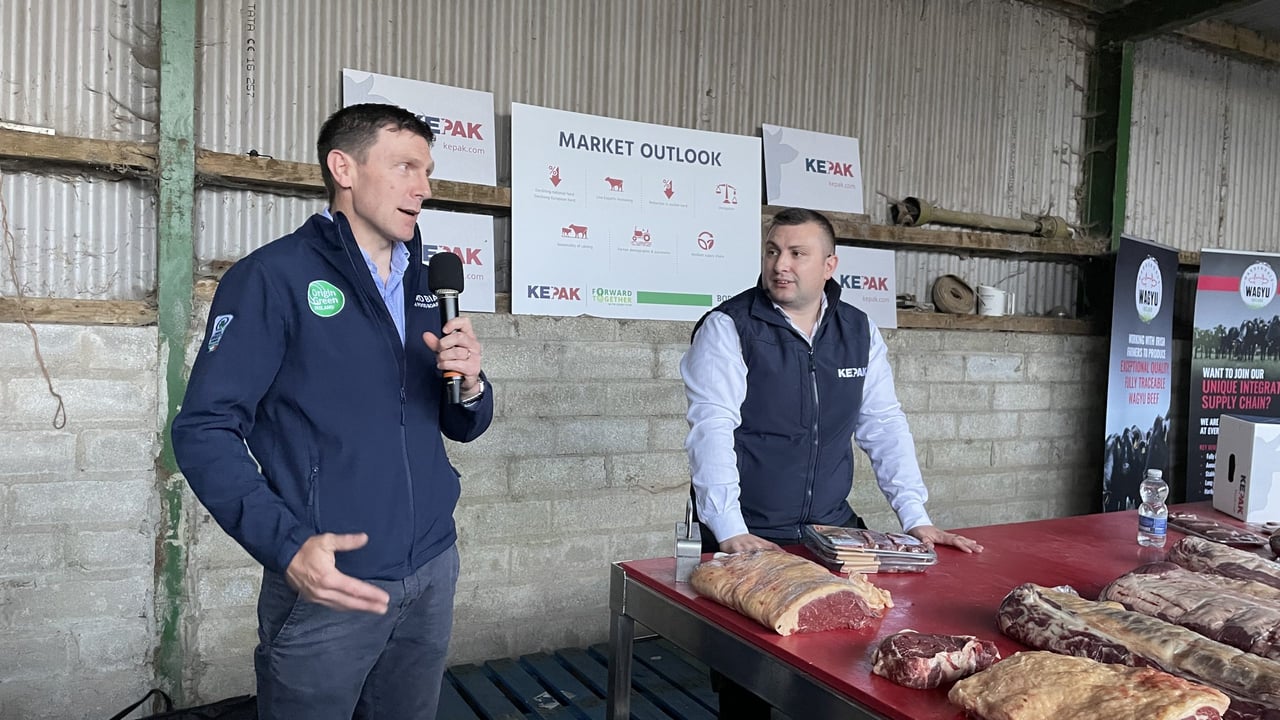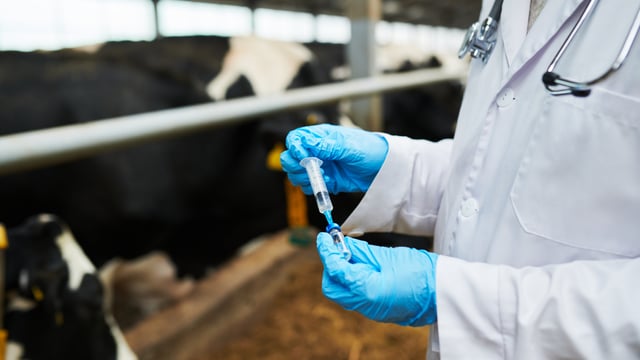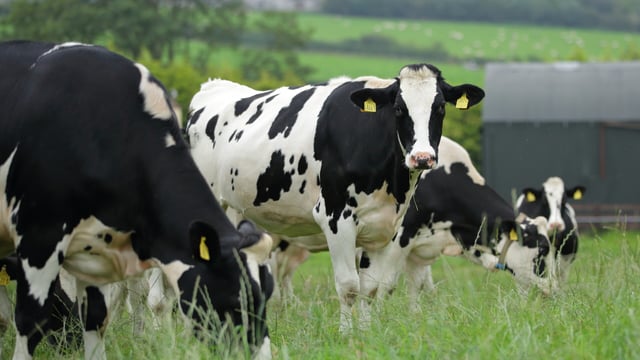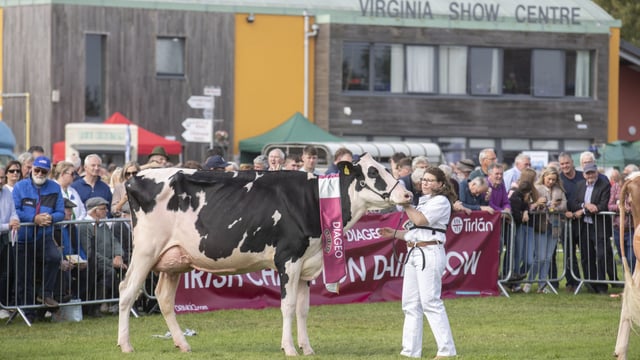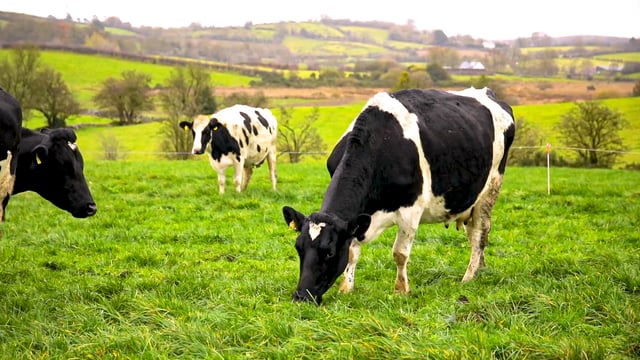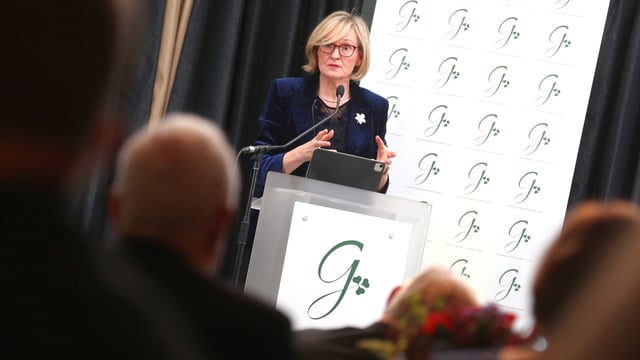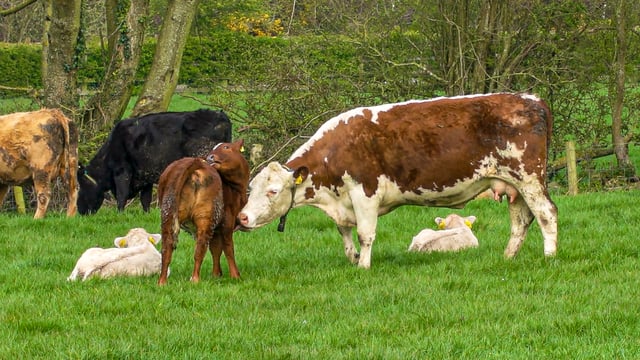Tight beef supply situation expected to continue into 2026
The situation of reduced beef supplies is expected to continue into 2026, according to Bord Bia senior manager of meat and livestock, Joe Burke.
Speaking at a Kepak event on the farm of suppliers Brian and Noelle O’Keeffe in Glanworth, Co. Cork, on Wednesday, August 13, Burke set out the current state of play in global beef markets.
Responding to a question from Agriland on Bord Bia's beef market outlook in the short to medium-term, he said: "We are likely to see that relatively tight supply situation continue on into the year end and on into 2026 as well."
He noted that the "very high price point at the moment is very welcome in terms of the level of positivity that it's after injecting into the sector".
"It's being felt all the way through from the farmers who are selling reared calves and runners all the way through to weanlings, store and finished animals. It's a great time for the sector."
The Bord Bia senior manager said: "In the last month or two, price has really been pushed on as a result of this really tight supply that we're seeing."
He said that factors including lower calf registrations and higher cattle exports are attributing to the drop in cattle numbers domestically and also said that the trend of falling cattle numbers is also being seen in the key markets Ireland is exporting beef into.
On cattle numbers, he said: "There's no sign of any recovery in terms of supply in the UK or even in the continental markets."
He highlighted that recent outbreaks of bluetongue in some European countries have hit the fertility rates of the breeding suckler and dairy cows in the affected countries.
"Bluetongue has had an impact. There have been less calf registrations in Europe because it has impacted the fertility of dairy and suckler herds in those countries where that has been an issue."
"Seeing those growing alternative options for stock being exported live, whether it be to Northern Ireland or even Europe or North Africa or Europe in recent years that has resulted in a tightening of the available pool of animals coming through, has definitely had a knock-on impact," he noted.

